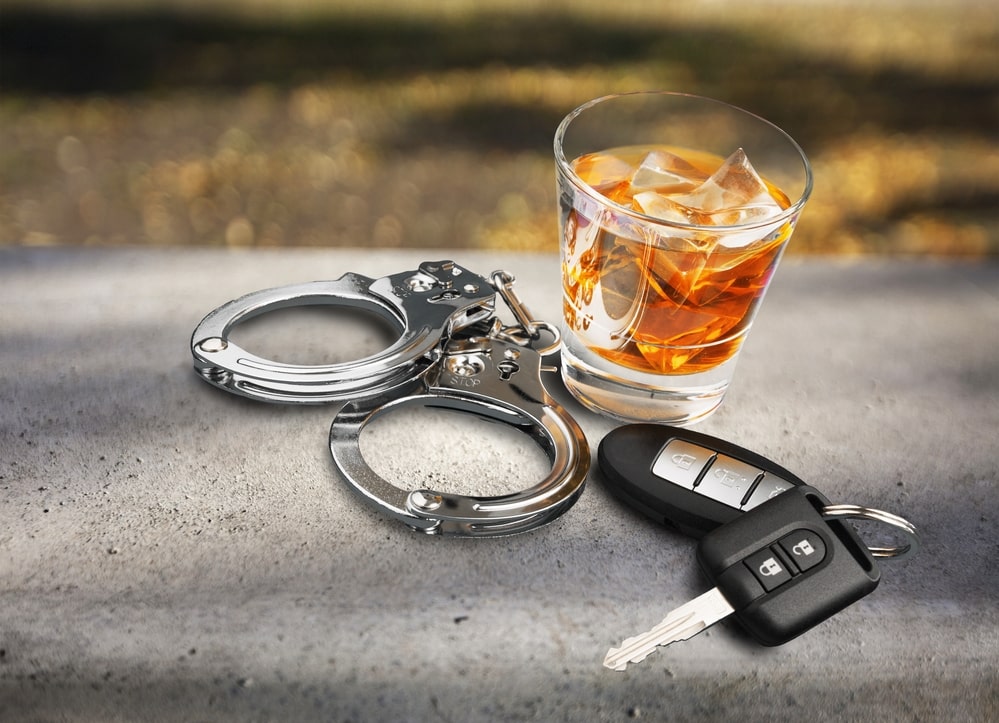How to Get Your DUI Reduced to Reckless Driving in Georgia

A DUI conviction in Georgia remains on the defendant’s criminal record and driver’s license for life and is accompanied by a mandatory license suspension.
If the drunk-driving component can be removed from the charge and it becomes reckless driving, it is traditionally considered a lesser offense with less severe penalties than DUI. However, it is still a criminal offense.
Traditionally, one of the strategies of criminal defense lawyers in some states is to get a DUI charge reduced to reckless driving because of the perception of it being a lesser charge.
However, this is no simple process and is only possible in certain circumstances. In Georgia, getting a DUI charge reduced to reckless driving depends greatly on the strength of the evidence against the defendant and the negotiation skills of the DUI lawyer.
What’s the difference between a DUI & reckless driving charge in Georgia?
Driving while under the influence (DUI) is a criminal offense in Georgia. You don’t need to be drunk or even over the 0.08 BAC limit to be charged with this crime — you just need to be found to be operating a vehicle under the influence of alcohol or drugs.
A first-time DUI conviction can result in fines, a license suspension, mandatory DUI education and even jail time. The use of an ignition interlock device may also be necessary to legally drive a vehicle. Multiple DUI convictions result in even harsher penalties, with jail time more likely.
A DUI conviction also leads to a lifelong criminal record that can negatively impact employment, education, immigration, travel and motor vehicle insurance rates. On the plus side, no points are deducted from your driver’s license for a DUI.
A conviction for reckless driving (which is driving with a reckless disregard for the safety of persons or property) is generally considered preferable to a DUI conviction even though it still results in a criminal record and a four-point deduction.
For some people, the points reduction can mean the loss of driver’s privileges (if it takes the driver to 15 points or more on the MVR record).
For anyone over the age of 21, there is no automatic driver’s license suspension associated with a reckless driving charge. For under 21s, an automatic suspension will follow.
A conviction for reckless driving will, however, result in penalties for a misdemeanor offense of fines of up to $1,000 or probation of up to 12 months, or both. Often, you will still be ordered to complete a DUI class or perform community service.
From an insurance perspective, a DUI is likely to raise premiums more than a reckless driving charge. Some drivers are even dropped after a DUI conviction but that is far less likely to happen after a reckless driving conviction unless there are aggravating factors.
While reckless driving has traditionally been viewed as less serious than a DUI in Georgia, steps have been taken in many states to reverse this perception and make them equally serious.
What can a DUI be reduced to in Georgia?
Judges in Georgia and other states are not permitted to instruct juries to “compromise” by finding a person guilty of reckless driving instead of DUI, as it should not be viewed as a lesser offense.
It should also be noted that in Georgia, unlike some other states, no “lesser” offense of driving while impaired exists.
So, a driver charged with drunk driving in Georgia can be found guilty or not guilty of the crime. There is no lesser option for juries — and DUI lawyers have no method of getting a DUI reduced to reckless after a guilty verdict.
It is common practice, therefore, in Georgia, for DUI defense attorneys to try to negotiate before trial with the prosecution to get a DUI charge reduced to a reckless driving charge.
In some states (but not in Georgia), prosecutors can be criminally charged for allowing a misdemeanor DUI to be pled down to a reckless driving misdemeanor. In Georgia, like in most states, a judge must first approve any negotiated plea deals, though.
If you’ve been charged with a DUI in Georgia (felony or misdemeanor), it is essential to discuss your legal options with a qualified DUI attorney. Your next move could affect your immediate and long-term future, so it’s important to get it right.
If you have no prior convictions, there is a good chance that your attorney can limit the consequences of a DUI charge.
How do you get a DUI dropped to reckless driving?
Typically, a DUI charge can be dropped to a reckless driving charge through plea bargaining, i.e., a defense lawyer negotiates with the prosecutor — usually based on a strong legal defense that calls into question the evidence against the defendant.
If the evidence against the defendant is resounding, the prosecution will be far less inclined to consider a plea bargain.
However, if the prosecutors themselves identify problems that could jeopardize the case and result in a dismissal (such as unreliable evidence), a plea deal may be offered voluntarily to the defendant.
Can a DUI be dismissed in Georgia?
It is unlikely that the State will drop a DUI charge against a defendant but it can happen if the evidence is shown to be unreliable or gathered in a way that violated your Constitutional rights (the Fourth Amendment protects U.S. citizens from unreasonable searches and seizures by the government).
Good examples of unreliable evidence are the results of field sobriety tests that were not conducted correctly and blood readings that were not collected in the prescribed way or that used incorrectly calibrated equipment.
Can you plead NOLO on a DUI in Georgia?
A defendant may plead NOLO (nolo contendere or no contest) in a DUI case in Georgia but it won’t prevent a criminal record or license suspension.
Nowadays, most Georgia judges will not accept a NOLO plea for DUI charges anyway — and it is far less common than it used to be.
If you’ve been charged with DUI in Georgia, a skilled criminal defense lawyer can outline your legal options and help reduce the impact on your future. Contact Michael Fulcher Law, LLC for a free consultation.




